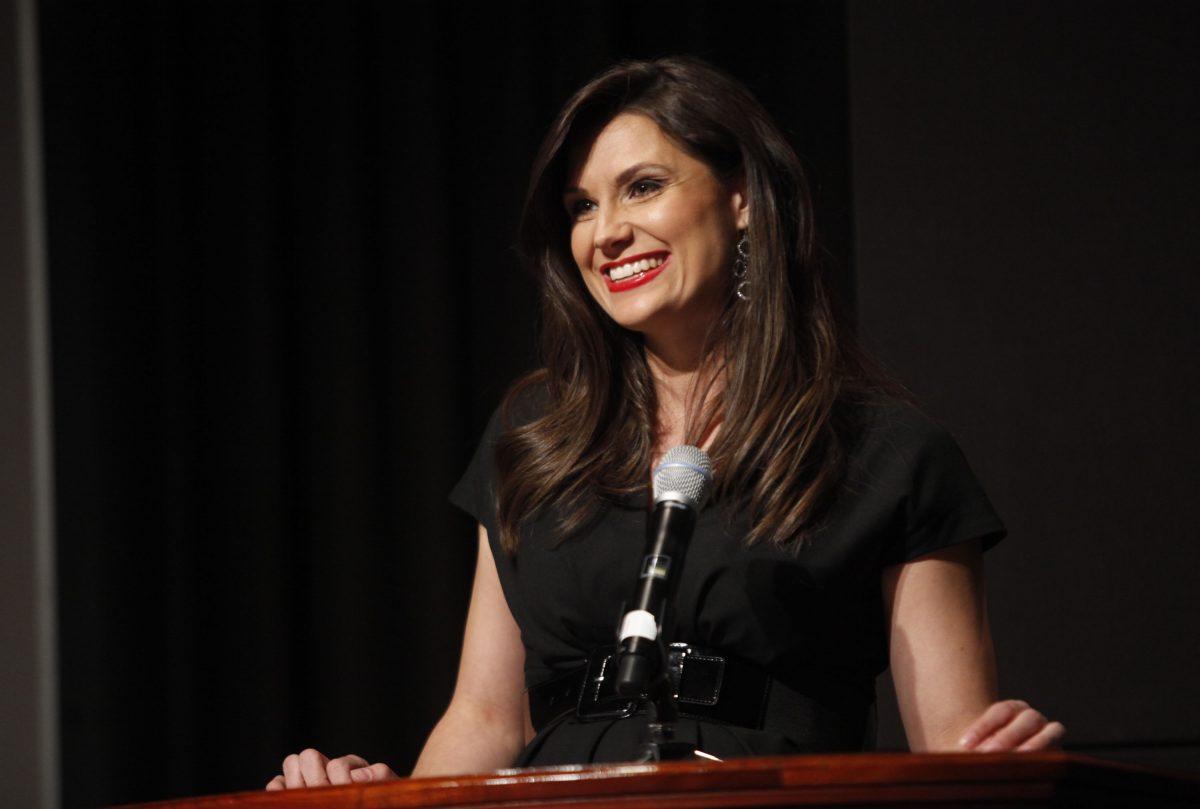Former MNSBC host Krystal Ball criticized her former network on July 25, following former special counsel Robert Mueller’s recent testimony before Congress, for pushing “feverish Russian conspiracy theories” targeting President Donald Trump.
Mueller’s conclusions reinforce the perspective that media outlets aggressively pushing the collusion narrative did so in error, or—as Ball suggests—in bad faith.
While during Mueller’s July 24 testimony before two House committees there was some confusion over the semantics of the “collusion” claim peddled by many media outlets, the special counsel’s report found specifically and unequivocally that “the investigation did not establish that members of the Trump Campaign conspired or coordinated with the Russian government in its election interference activities.”

Former MSNBC co-host Krystal Ball attends an event in New York City on April 22, 2013. Thos Robinson/Getty Images for Women's Campaign Fund





